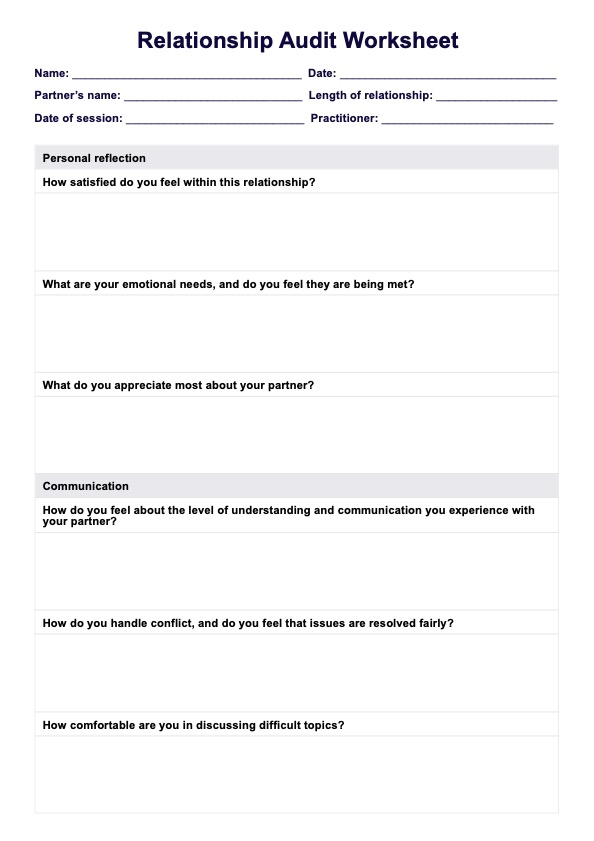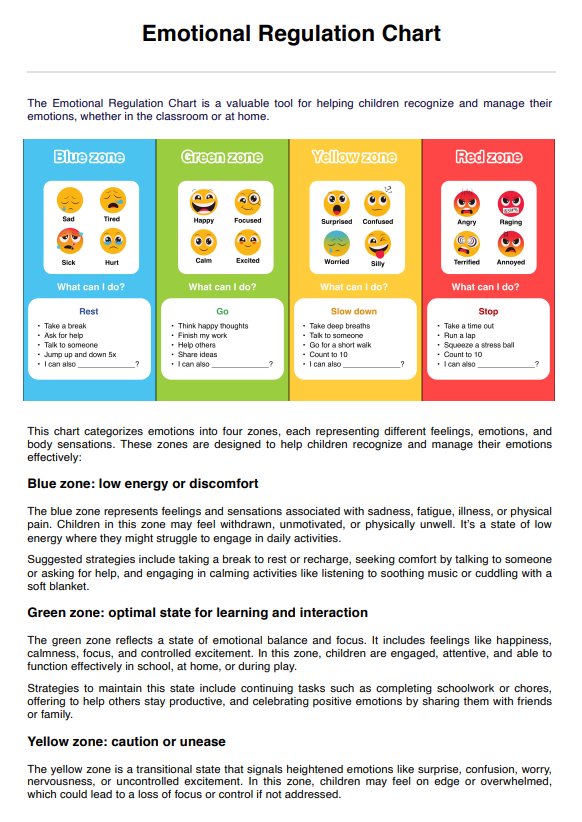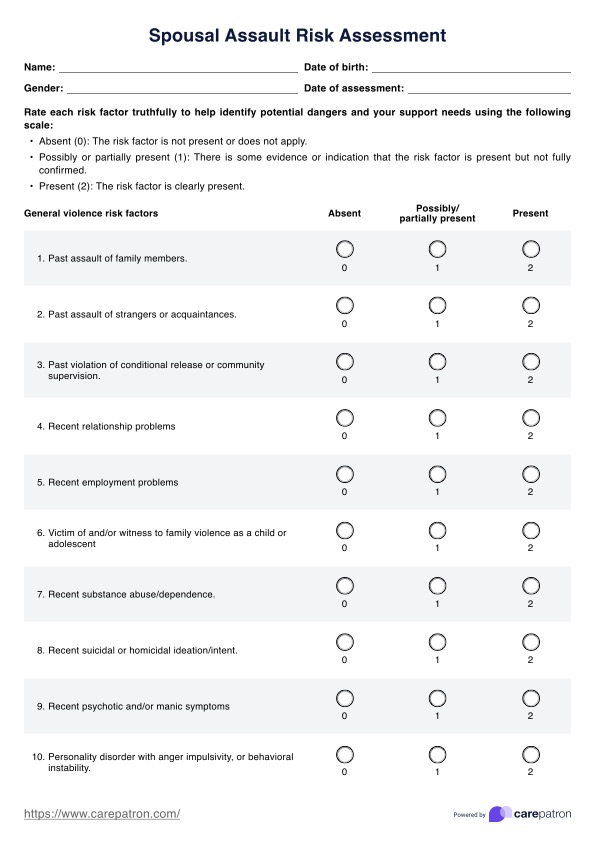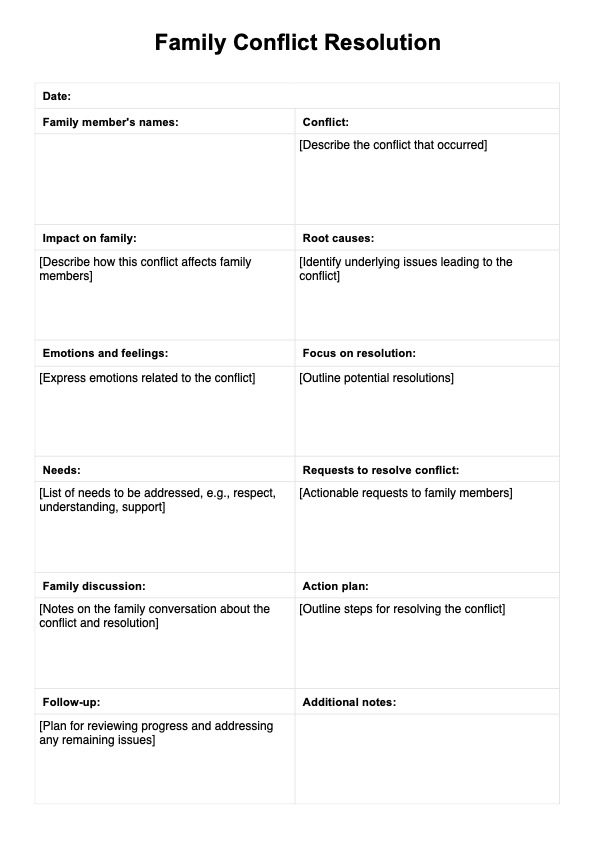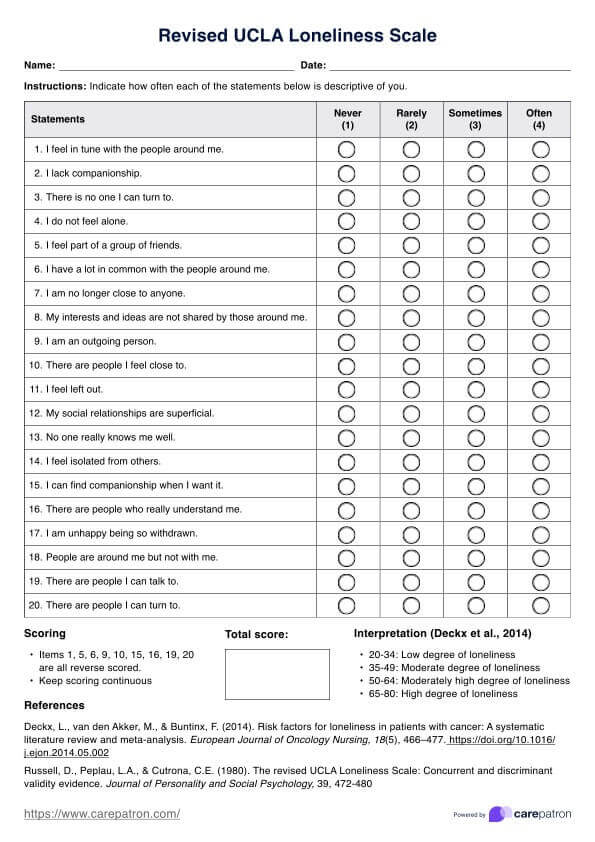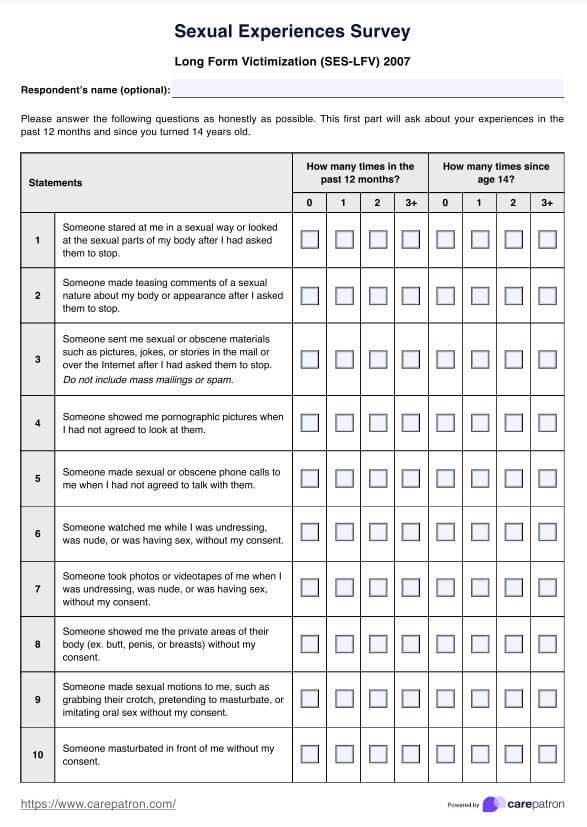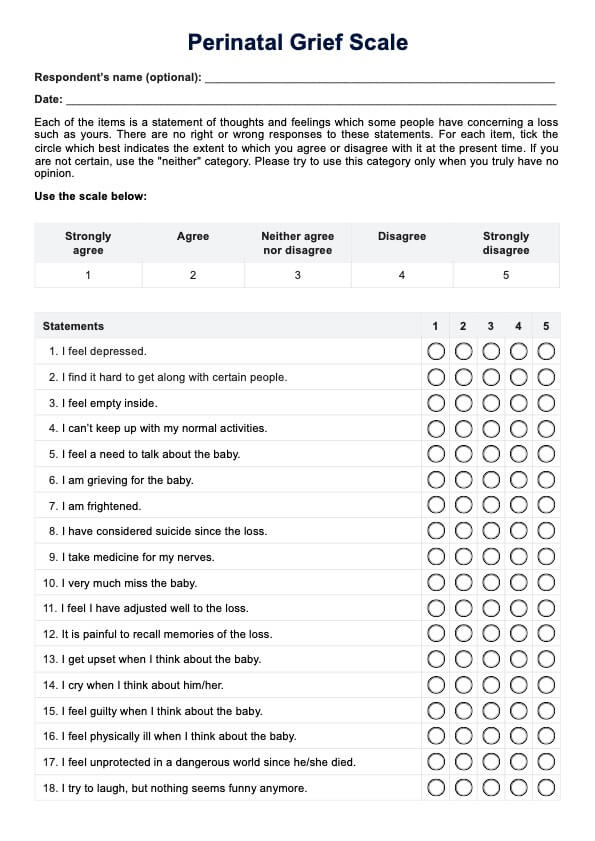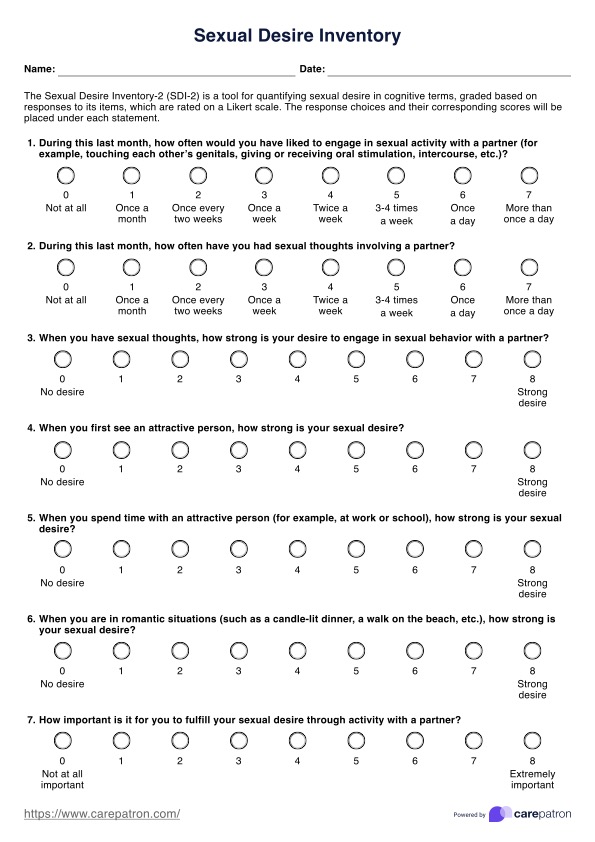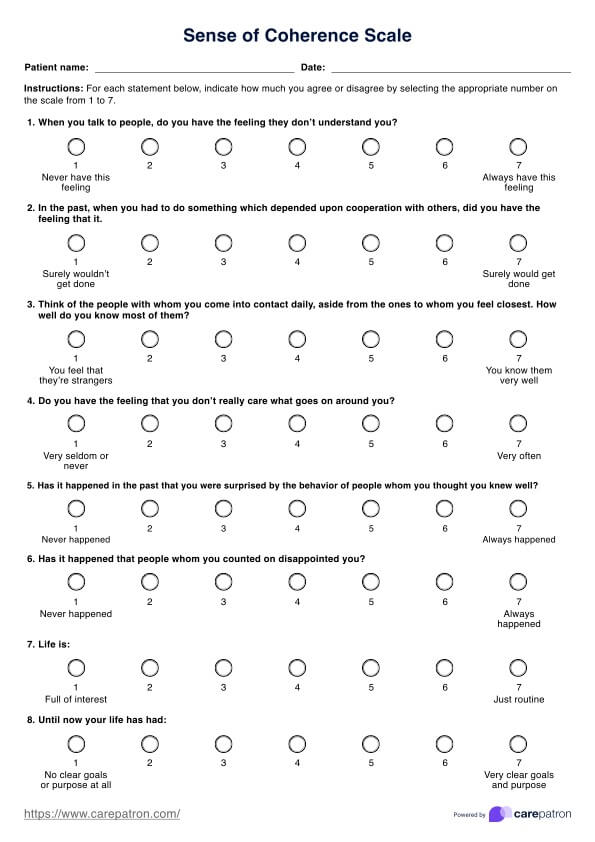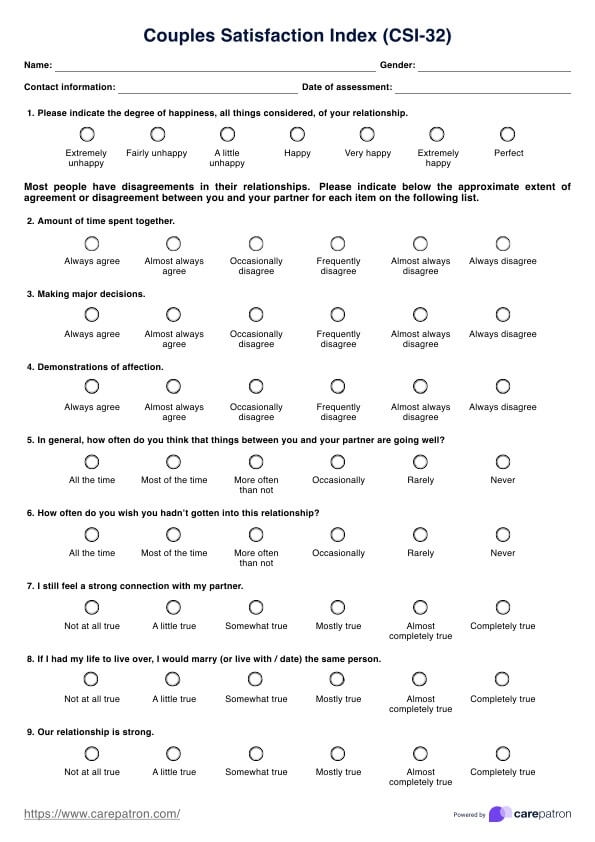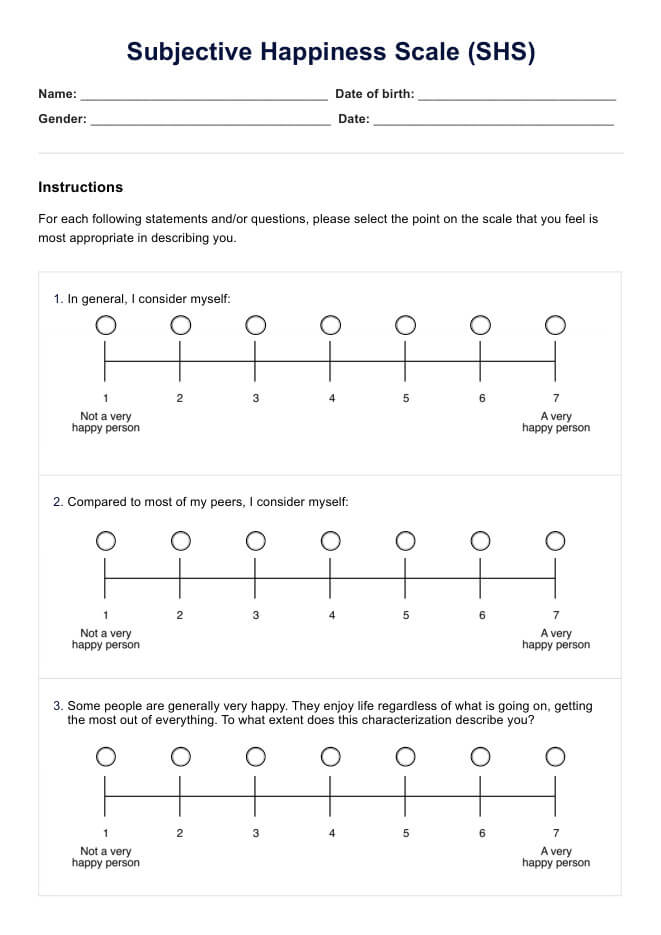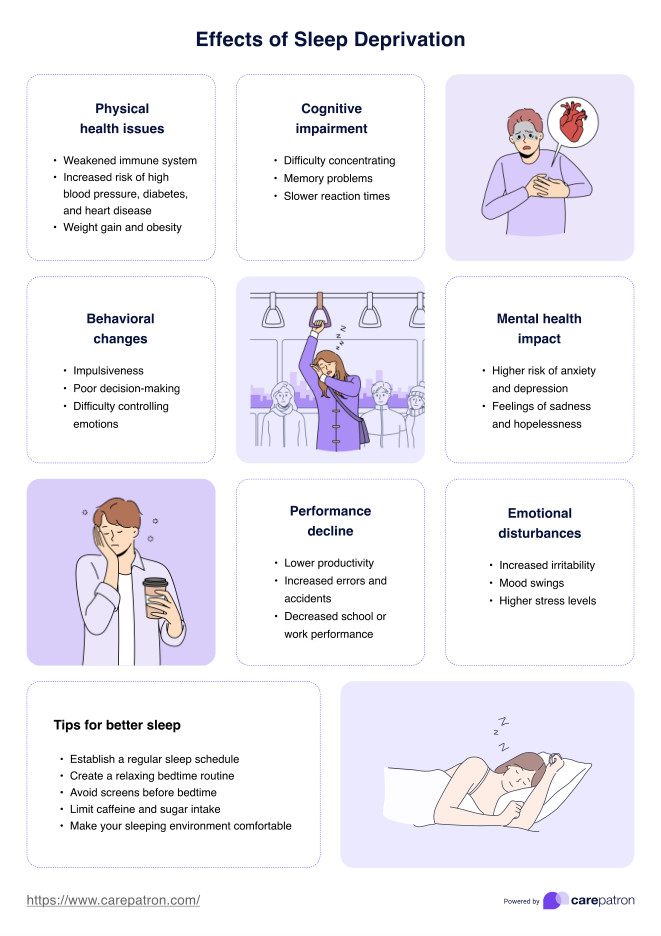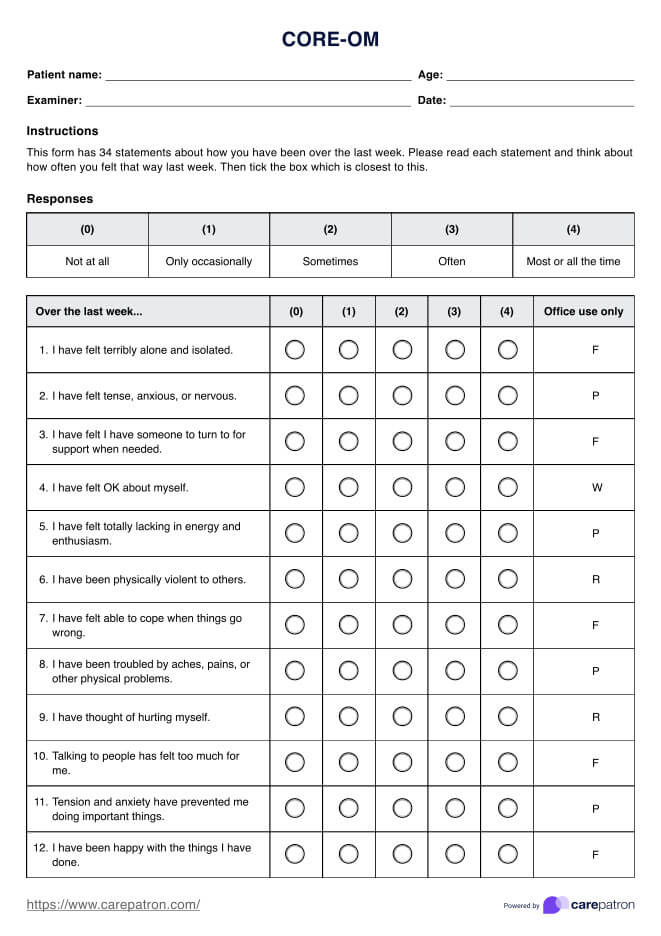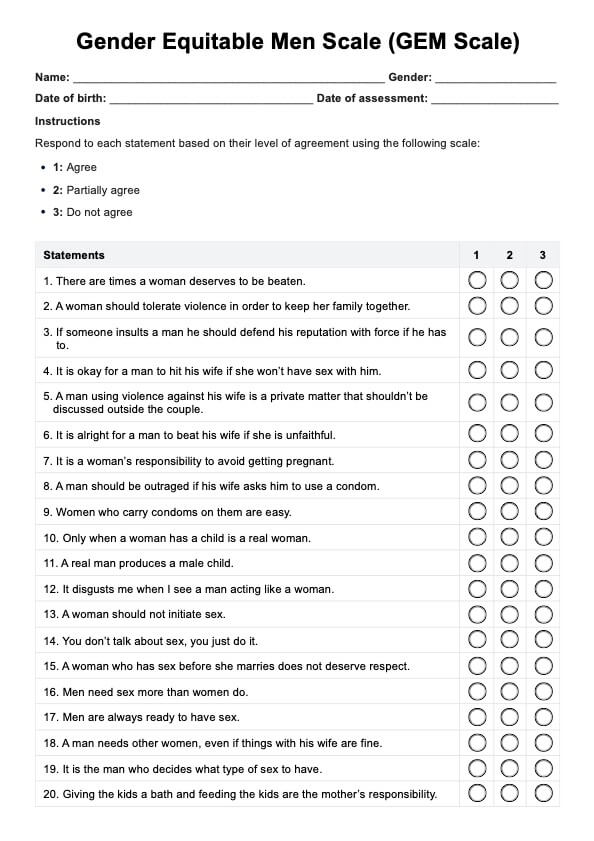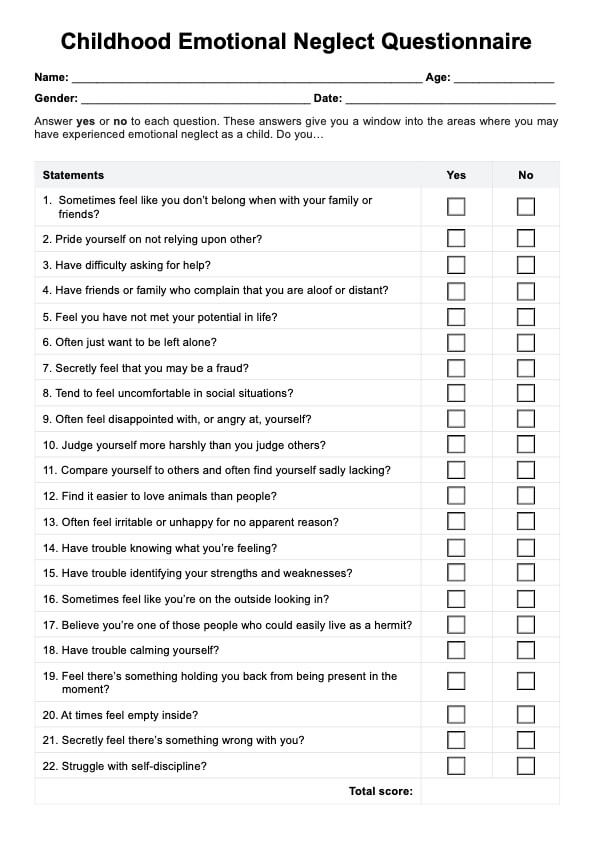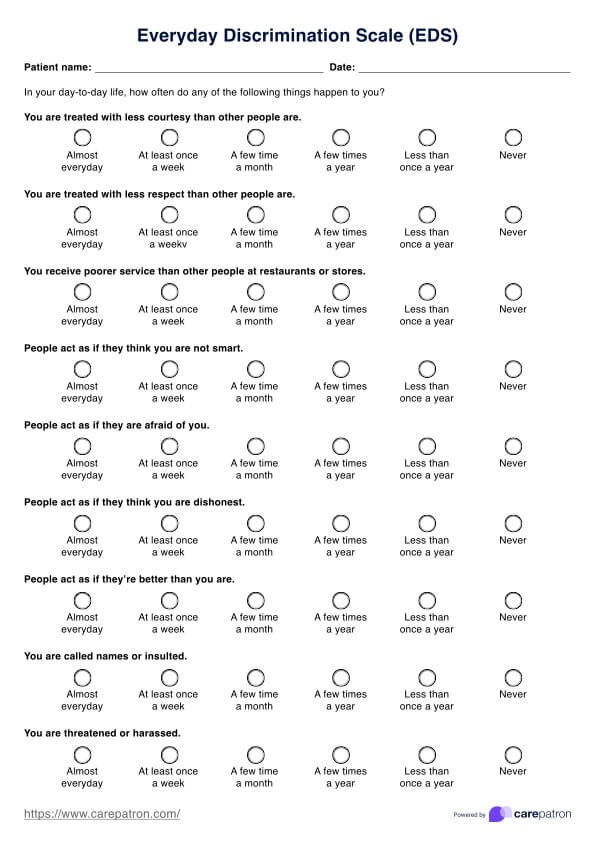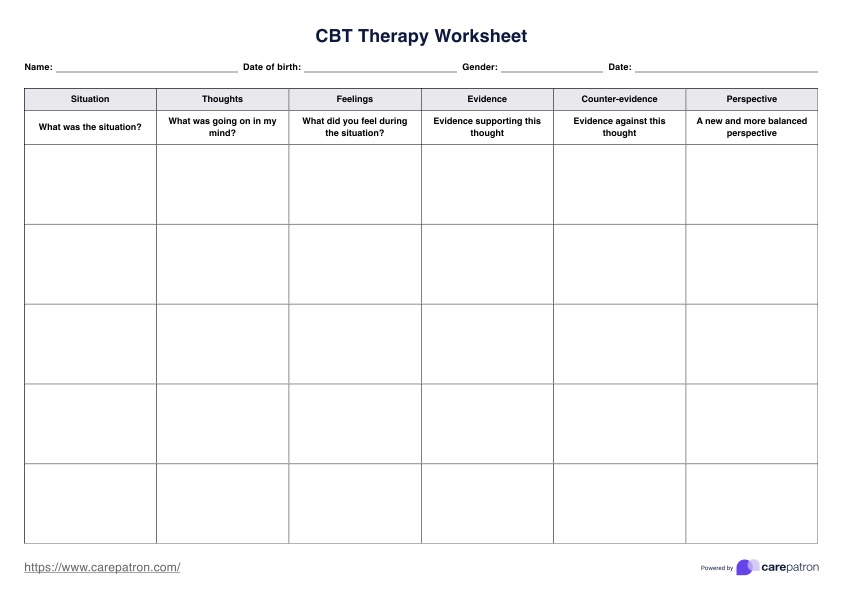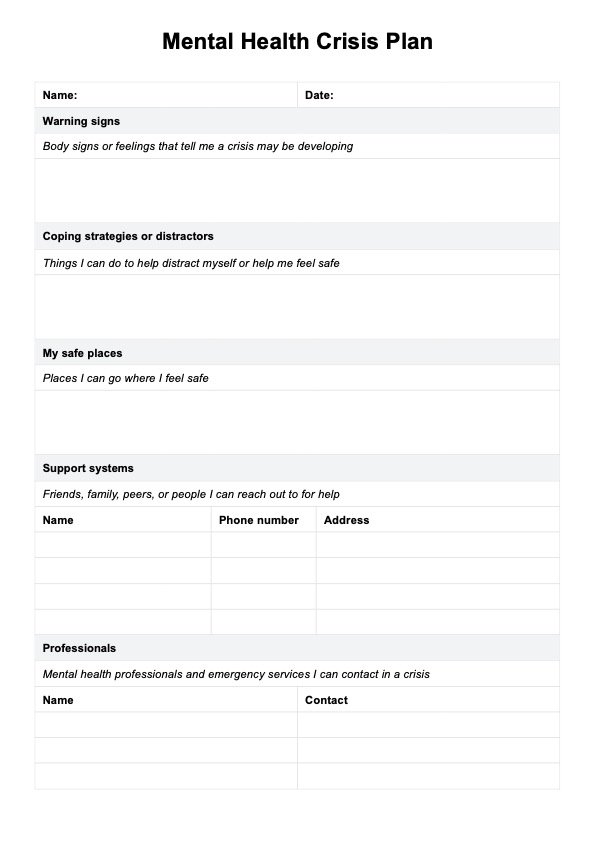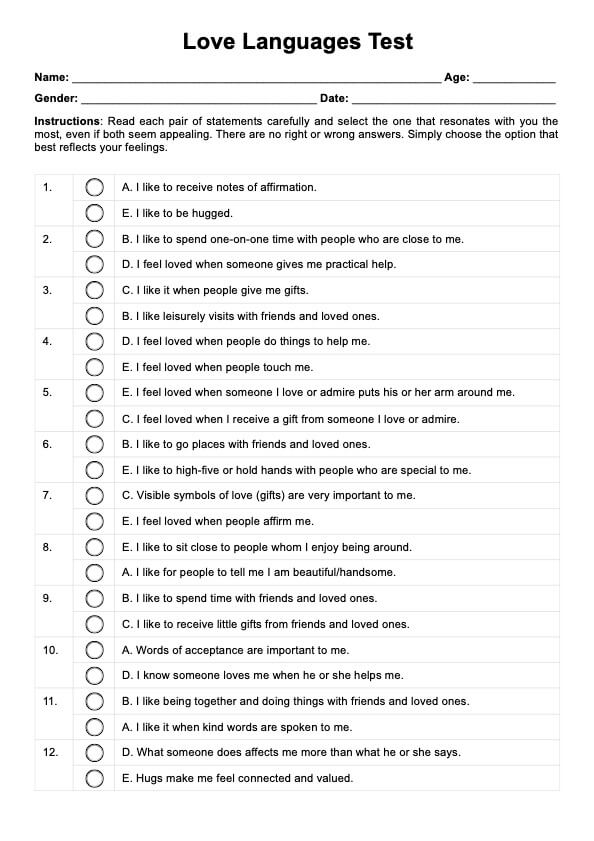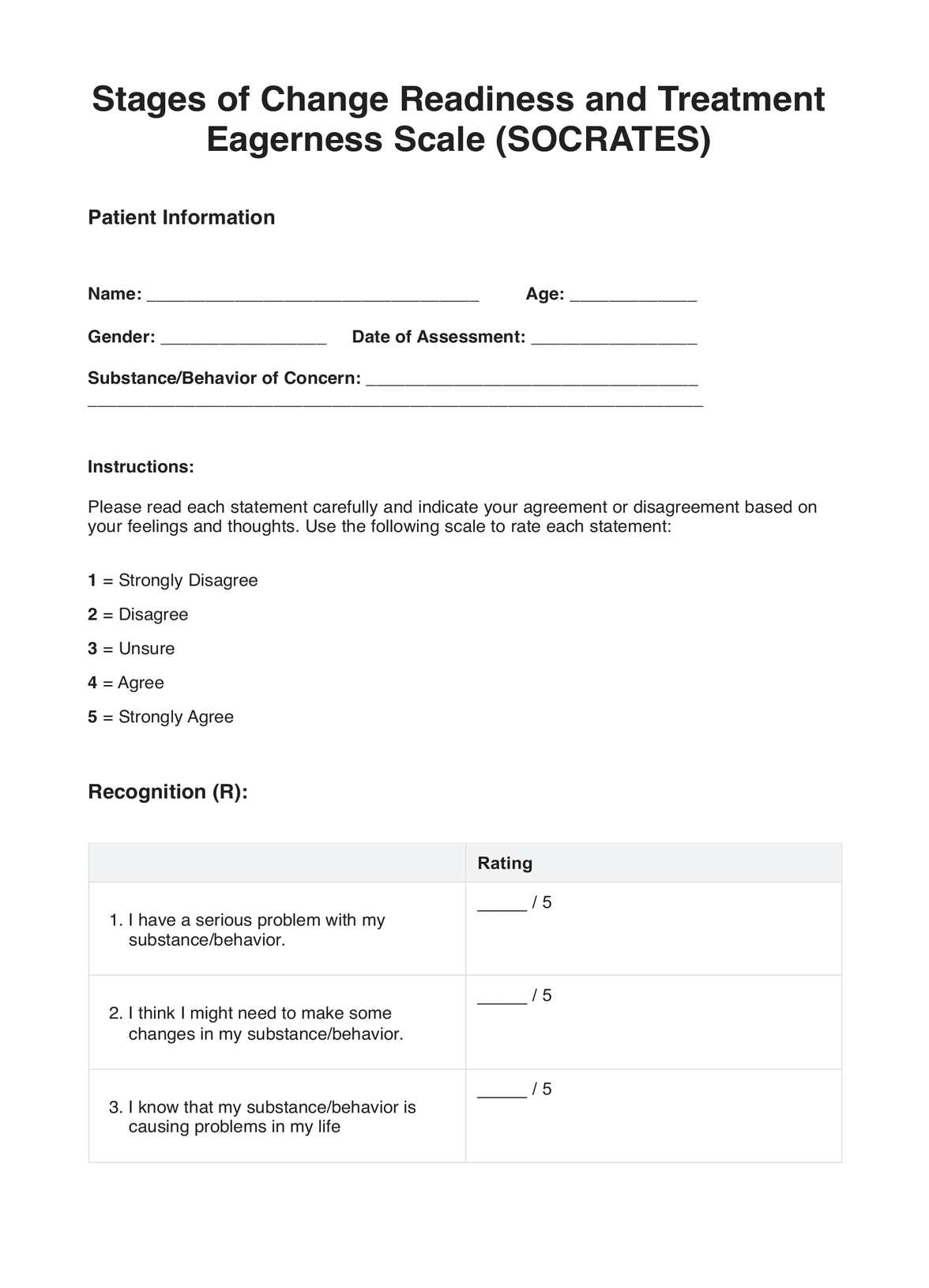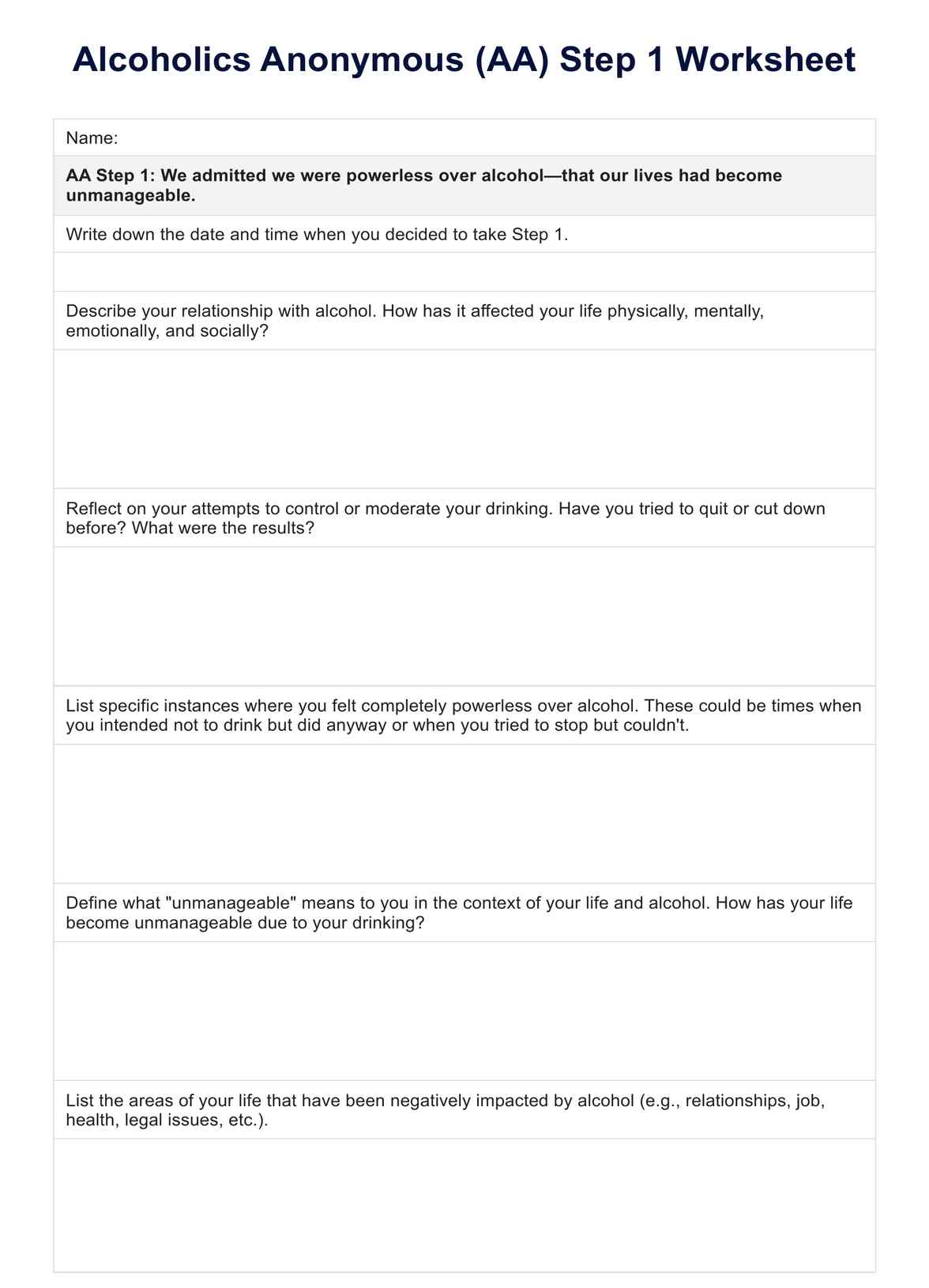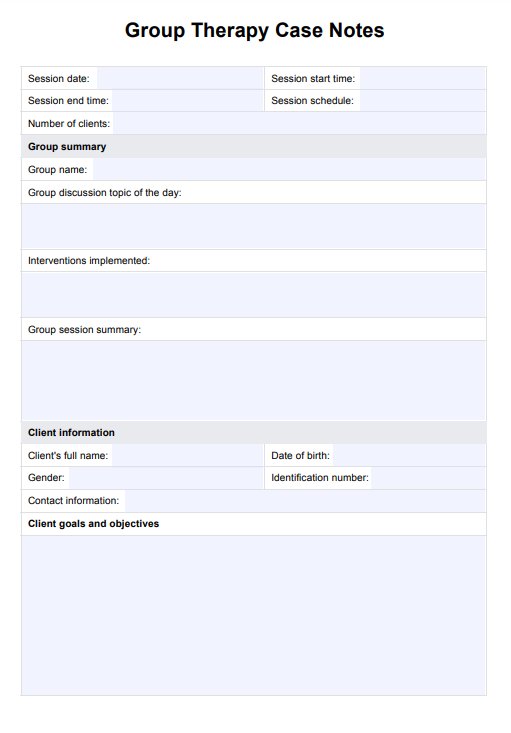Spann-Fischer Codependency Scale
Handling codependent therapy clients? Issue the Spann-Fischer Codependency Scale to assess the level of their codependency. Learn more by reading this guide.


What is codependency?
Codependency is a complex behavioral pattern that can develop in relationships. This type of behavioral pattern can turn a relationship into something problematic, and it can make people pursue, form, or maintain a one-sided relationship that can turn into an emotionally draining and destructive affair. In the worst cases, the relationship becomes abusive for those involved.
This behavioral pattern often springs from a relationship where one person has a mental or physical illness, addictions (drugs, alcohol, gambling, etc.), or psychological problems. Codependent people are often obsessed with getting approval from others. They also feel a need to be needed by the other person, have a tendency to fear abandonment, and forget their needs and boundaries to the point that they start to tolerate being taking advantage of by the other.
Here are some signs that point to a relationship being codependent:
- Either side or both have an obsession with the relationship
- Either side or both have a tendency to control the other person, whether their conscious about it or not
- Either side or both have an unhealthy, desperate need for the other to approve of and acknowledge them
- There is no good sense of intimacy
- There is no good sense of boundaries
- Communication is poor
- Either side or both are dishonest with what they’re feeling
Feel free to watch this video and learn about other Couples Counseling resources:
Spann-Fischer Codependency Scale Template
Spann-Fischer Codependency Scale Example
How to use the Spann-Fischer Codependency Scale:
Whether you’re a psychologist, therapist, counselor, or an adjacent mental healthcare professional, if you’re handling patients who are in codependent relationships and want to gauge the severity of their codependency, then one of the clinical tools that you can take advantage of is the Spann-Fischer Codependency Scale.
The Spann-Fischer Codependency Scale is a useful tool that will help you assess your patients to see how codependent they are. It comes in the form of a sixteen-item questionnaire with the following statements:
- It is hard for me to make decisions.
- It is hard for me to say “no.”
- It is hard for me to accept compliments graciously.
- Sometimes I almost feel bored or empty if I don’t have problems to focus on.
- I usually do not do things for other people that they are capable of doing for themselves.
- When I do something nice for myself, I usually feel guilty.
- I do not worry very much.
- I tell myself that things will get better when the people in my life change what they are doing.
- I seem to have relationships where I am always there for them, but they are rarely there for me.
- Sometimes I get focused on one person to the extent of neglecting other relationships and responsibilities
- I seem to get into relationships that are painful for me.
- I don’t usually let others see the “real” me.
- When someone upsets me, I will hold it in for a long time, but once in a while, I explode.
- I will usually go to any lengths to avoid open conflict.
- I often have a sense of dread or impending doom.
- I often put the needs of others ahead of my own.
Those answering the sheet will simply need to rate themselves between 1 to 6:
- 1 = Strongly Disagree
- 2 = Moderately Disagree
- 3 = Slightly Disagree
- 4 = Slightly Agree
- 5 = Moderately Agree
- 6 = Strongly Agree
You can conduct this as an interview if you wish. This will take longer, but you’ll have the opportunity to have your patient expand on their answers. But you can simply hand a copy to them so they can answer it independently and submit it later (make sure to agree on when you should receive an accomplished copy!), then just discuss the answers once you’ve calculated the scores and have scheduled a discussion.
To calculate the score, you simply need to add up the numbers. Do note that Items 5 and 7 have reverse scores. If 6 was selected for both, their score for those numbers is 1.
The higher the score is, the higher their level of codependency.
When is it best to use the Spann-Fischer Codependency Scale?
The best time to use this Spann-Fischer Codependency Scale is in the middle of your therapy or counseling program. What we mean when we say the middle is that the pleasantries have been made, trust and rapport have been established, and your patient feels safe enough to talk about the things impacting their mental health. If, at any point, they bring up problems with one or several relationships, make sure to listen well about how they describe them. If they talk about it in a way that makes it sound like they’re in codependent relationships, that’s the best time for you to educate them about what codependent relationships are.
You may issue the Spann-Fischer Codependency Scale to them, but before you do, inform them about it so they know what you’re using the scale for. If they agree to answer it, you can hand a copy to them so they can complete it in their own time, or you can conduct it like an interview and have them expand on each answer. The latter choice is great because you can get more information besides their self-ratings as you go along.
Once you’ve confirmed that they are in a codependent relationship or more, and the scale shows that their level of codependency is high, you should develop ways to help them work through their codependency.

What are the benefits of using the Spann-Fischer Codependency Scale?
The scale can help patients examine themselves in the context of their relationships.
It’s possible for people to not know they are in codependent relationships. It’s also normal for them to be in denial that they are in one, just as it is possible that they’re aware of it, but they don’t know what to do. The Spann-Fischer Codependency Scale will give them the opportunity to interrogate how they feel about themselves and their codependent relationships. By becoming more aware and accepting that they’re currently in a codependent relationship, they will have the opportunity to finally start working through them. Knowing is half the battle, after all.
It can help professionals understand their patients better based on their answers.
Just as the Spann-Fischer Codependency Scale can help patients confront what they feel about themselves and their codependent relationships, it can help the professional handling them to get to know more about their patient. Knowing their current mental state, especially in light of their relationships, will help professionals determine how to tailor-fit their program for their patients. If codependent relationships are a massive factor in the decline of a patient’s mental health based on the scale and whatever discussions took place after, the therapist can decide to teach them methods like assertive communication and cognitive restructuring to help them work through their codependency.
It can be used to check up on patients after a while.
Let’s say you have already taught them the necessary skills to help them work through their codependency (both their tendencies and their actual relationships), and based on whatever exercises you’ve given them, they seem to have taken what you’ve taught them to heart. You can reissue this scale after a while to check up on them to see the progress they’ve made. If their scores reflect that they’re nowhere near as codependent as they once were, then you know that the therapy is a success, especially if it’s obvious that their disposition has changed and they seem to be in a better place.
Commonly asked questions
That will depend on the patient and how you’re conducting it. If you’re conducting it like an interview, it’ll take a while, especially if you’re having them expound on their answers. Some can finish this scale in a minute or two. Some might take ten.
The scale is easy to accomplish. Whatever difficulty arises will depend on the person engaging with it. Some will take the time to think about each item before answering. If they’re coming to terms with the fact that they’re codependent and in codependent relationships, they might have a difficult time rating themselves, especially when they’re in denial or are coming to a realization about something.
Yes, you may if you believe you are codependent and in codependent relationships. There’s nothing wrong with wanting to gauge yourself in terms of codependency, so feel free to use the scale! Though, please don’t substitute this for therapy. If your codependency or codependent relationships negatively impact your mental well-being, please see a professional so that you can have an expert help you work through codependency.


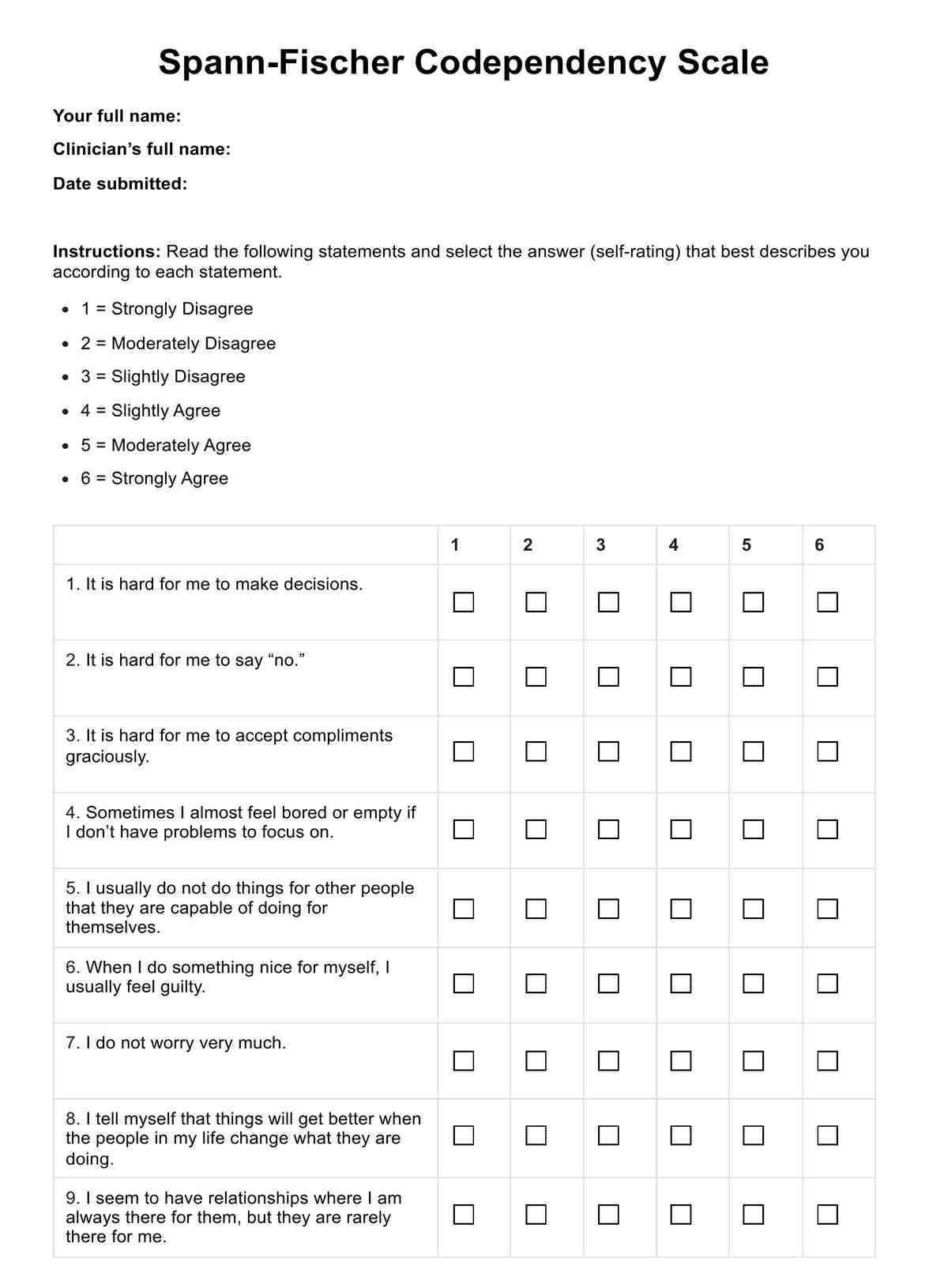
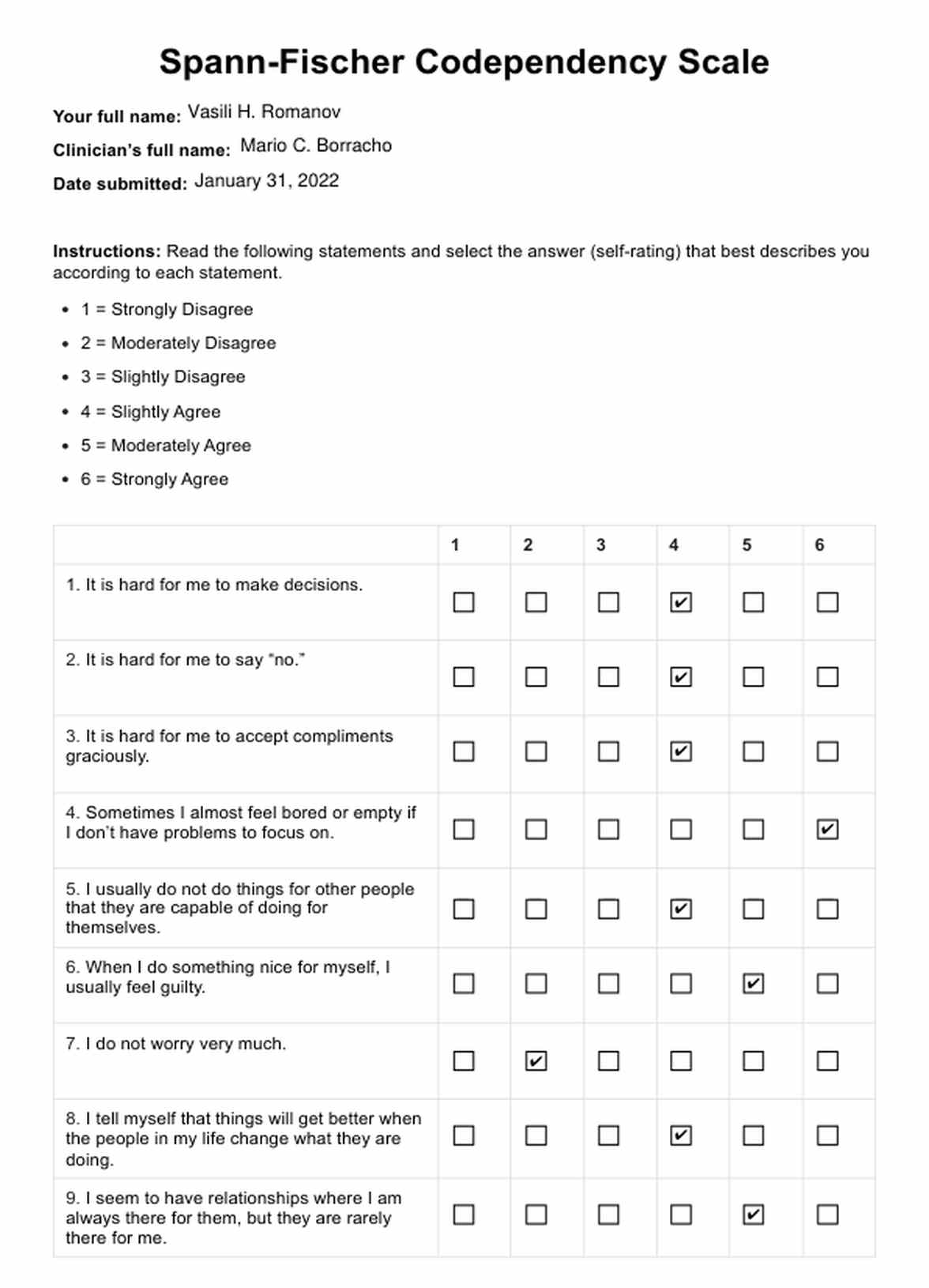

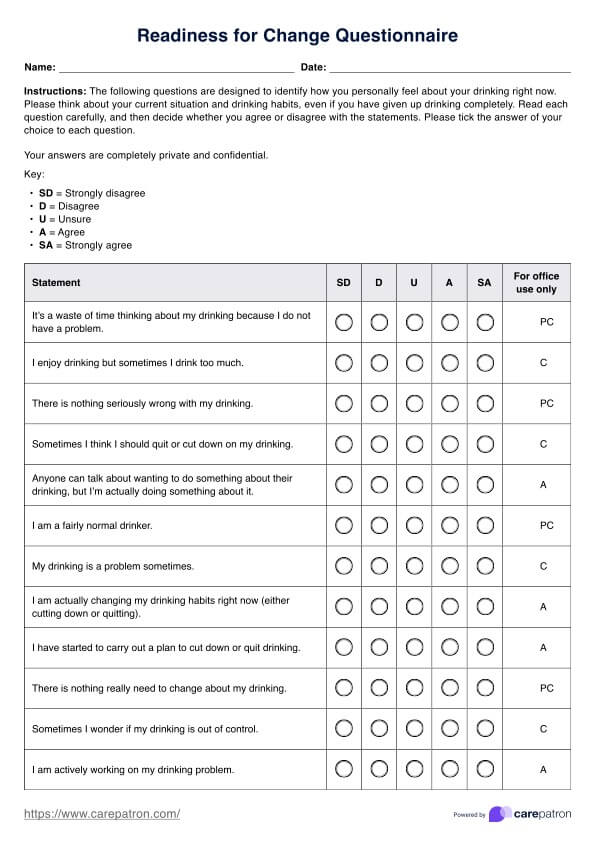
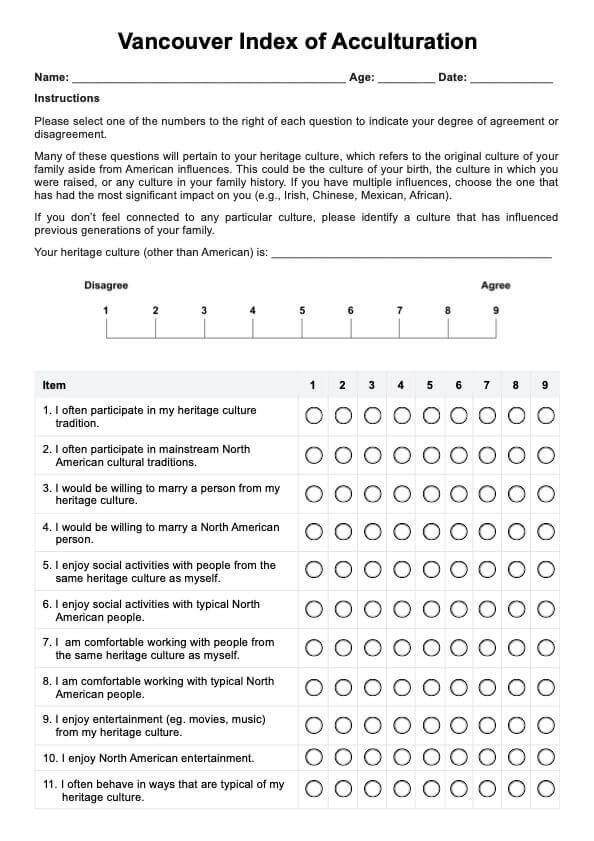
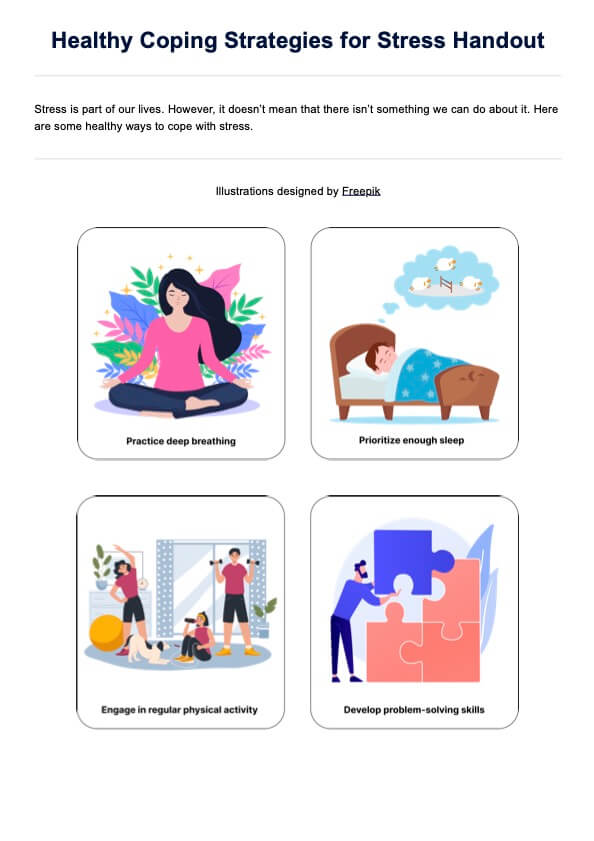









-template.jpg)


